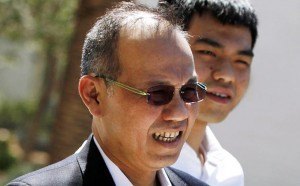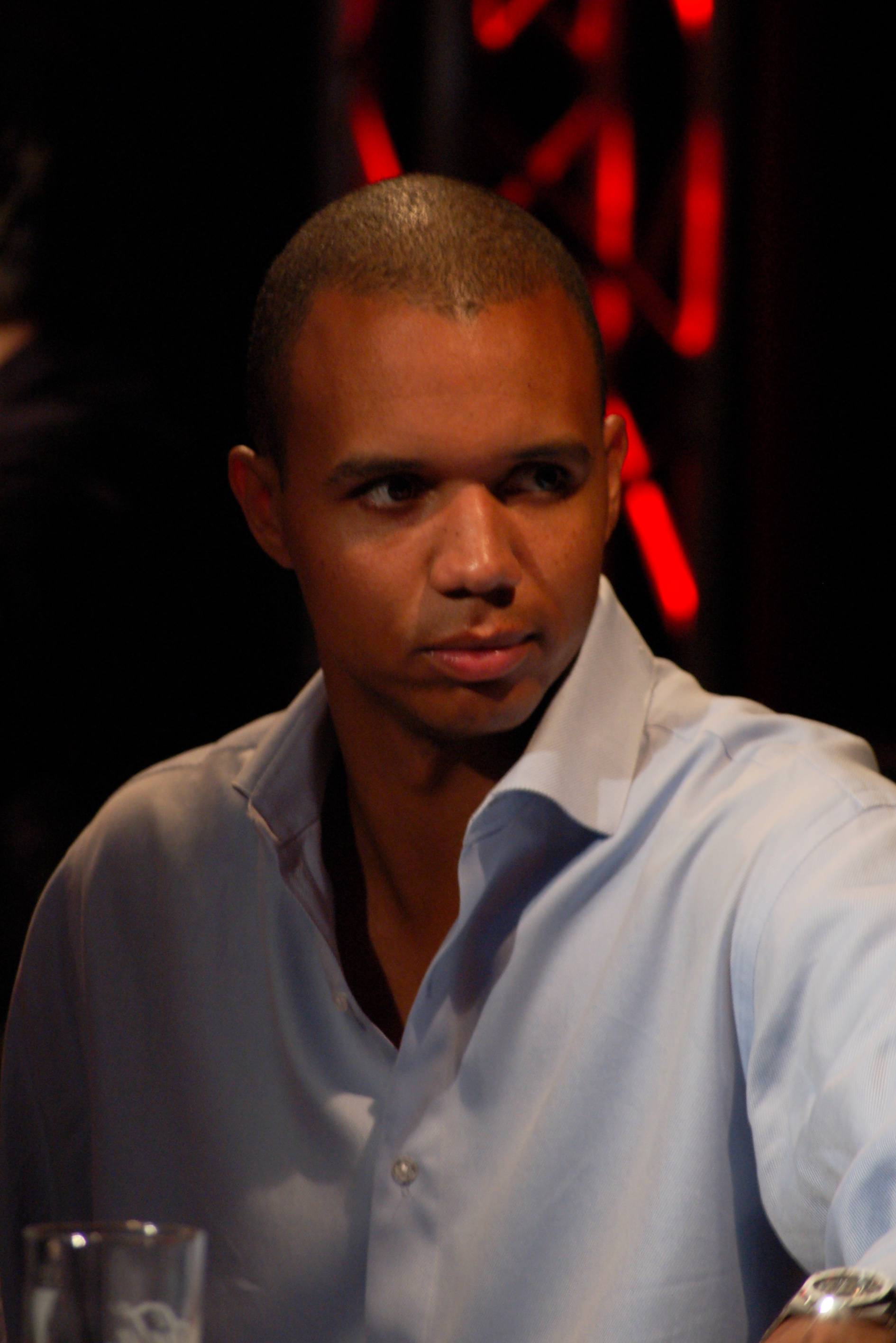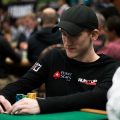
Judge Recommends Tossing Evidence in Phua Case

Much of the evidence against Paul Phua may be thrown out after a ruling by a federal judge. (Image: AP)
Paul Phua may not have had his constitutional rights violated when FBI agents raided his Caesars Palace villa, but the evidence from that raid is still likely to be tossed out of court.
Those were the decisions filed Monday by US Magistrate Judge Peggy Leen, who found that agents used “false and misleading statements” in order to persuade a judge to issue a warrant to search the villas in which Phua, his son Darren, and other associates were allegedly running an illegal sports betting ring last July.
Leen recommended invalidating most of the evidence against Phua after pointing out “reckless” errors and misleading statements in the search warrant affidavit submitted by FBI agents to Judge Nancy Koppe.
In particular, she noted that the agents failed to mention that they had cut off Internet service to Phua’s villa on July 5 in order to pose as computer technicians and take a look inside the rooms.
That, Leen said, should have been revealed to Judge Koppe in order to help her determine whether there was probable cause for the July 9 raid she ultimately issued the warrant for.
“The investigators’ suspicions that Phua was engaged in illegal sports betting at Caesars Palace may be borne out by the evidence recovered in the execution of the warrant,” Leen wrote in her decision. “However, a search warrant is never validated by what its execution recovers.”
Agents Made Tenuous Connections in Affidavit
Leen said that it was clear that the FBI agents had written their affidavit in a way that linked Phua to the sports betting operation without evidence to support it, suggesting that Phua was “engaging in conduct which he was not.” She also noted that agents failed to explain how they had connected Phua to the 14K Triad.
Phua’s attorneys were predictably buoyed by Leen’s decision.
“This is a triumph for citizens everywhere, showing that courts will enforce the constitution,” said defense attorney David Chesnoff. “I’m pleased that her honor recognized that law enforcement must not be reckless nor omit vital information when seeking a warrant.”
FBI Plot to Gain Access Deemed Legal
In an interesting twist, however, the main argument being made by Phua’s defense team seems to have been rejected by Judge Leen.
In a separate decision, Leen decided that FBI agents acted within their authority to shut down Internet access to the villa they believed hosted the sports betting operation, then gather evidence while posing as technicians when invited to repair the problem.
According to Leen, it’s clear that the Phuas were tricked by the FBI.
However, this did not violate their constitutional rights: the agents were still invited into the villa by the Phuas, who “assumed the risk” that they could be caught doing something illegal when they allowed anyone into their rooms.
It’s unclear how the case against the Phuas will proceed if the evidence from the July 9 raid can’t be used in court, as even prosecutors have said in court that they would have a difficult time making their case without the fruits of that search.
Prosecutors may still make objections to Judge Leen’s recommendations to US District Judge Andrew Gordon, who is presiding over the case. US Attorney Daniel Bogden said that government prosecutors are reviewing the decisions, and that they have two weeks to respond.















0 Comments